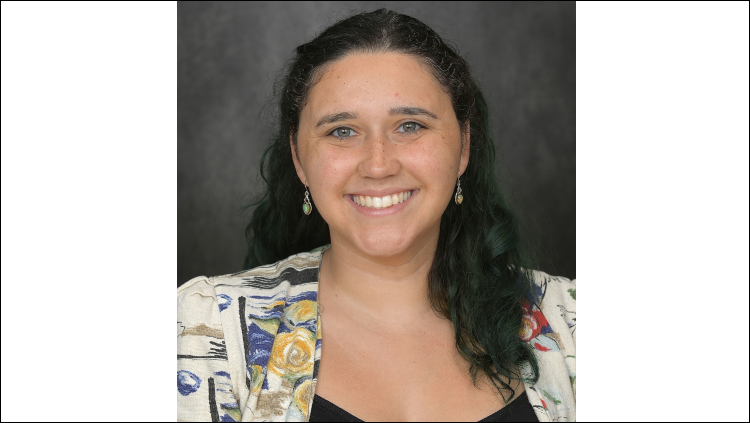SfN NeuroAdvocates Share Community Concerns to Policymakers

During a moment of significant upheaval in the government-supported research enterprise, SfN connected 49 NeuroAdvocates with members of Congress from 29 states March 11–13. The 19th annual virtual SfN Hill Days participants served as a conduit connecting the fears, needs, and stories of the neuroscience community to those who control government spending and policy.
Every NeuroAdvocate came with a story to tell of how the current uncertainty facing federally funded research is disrupting science: from department chairs sharing how they’re cutting back on the number of incoming graduate students they plan to accept; to professors describing the abrupt ending of projects; to trainees now envisioning careers independent of federal funding — or science altogether.
In addition to requesting members of Congress tour research labs and join the Congressional Neuroscience Caucus, NeuroAdvocates asked for:
- Funding: NIH base-level funding to at least $51.3 billion in FY 2026, restore BRAIN Initiative funding to the FY 2023 level of $680 million, $9.9 billion for NSF, and $1.05 billion for the VA Medical and Prosthetic Research program.
- Stability surrounding government policy: Including opposing capping facilities and administrative (F&A) grant costs to just 15% and encouraging the administration to halt destabilizing activities.
- Support of Animal Research: Support the vital use of appropriate animal models in biomedical research across all research agencies.
Accompanying Hill Day efforts, SfN staff and their legislative consultants worked to have Mayor Muriel Bowser officially declare Brain Awareness Week (BAW) in Washington, D.C., and Congressional Neuroscience Caucus Co-Chair Rep. Morgan Luttrell (R-TX) deliver a floor statement recognizing BAW.
Hill Days participants consisted of the 2025 Early Career Policy Ambassadors (ECPAs). The ECPA program is a 10-month commitment for early career neuroscientists beginning their efforts as NeuroAdvocates. Other attendees included SfN’s Key Contacts, engaged NeuroAdvocates who are represented by members of Congress in leadership roles. Members of SfN’s Government and Public Affairs Committee (GPA), Committee on Animals in Research (CAR), as well as SfN President John H. Morrison, Past-President Marina Picciotto, and President-Elect Nick Spitzer complemented the ECPAs with perspectives as neuroscientists with established labs and federal funding.
Three advocacy coalition partner organizations, the American Brain Coalition, the American Neurological Association, and the American College of Neuropsychopharmacology, also participated. Finally, leadership from the Federation of European Neuroscience Societies (FENS) joined the Hill Day meetings to offer a global viewpoint.























